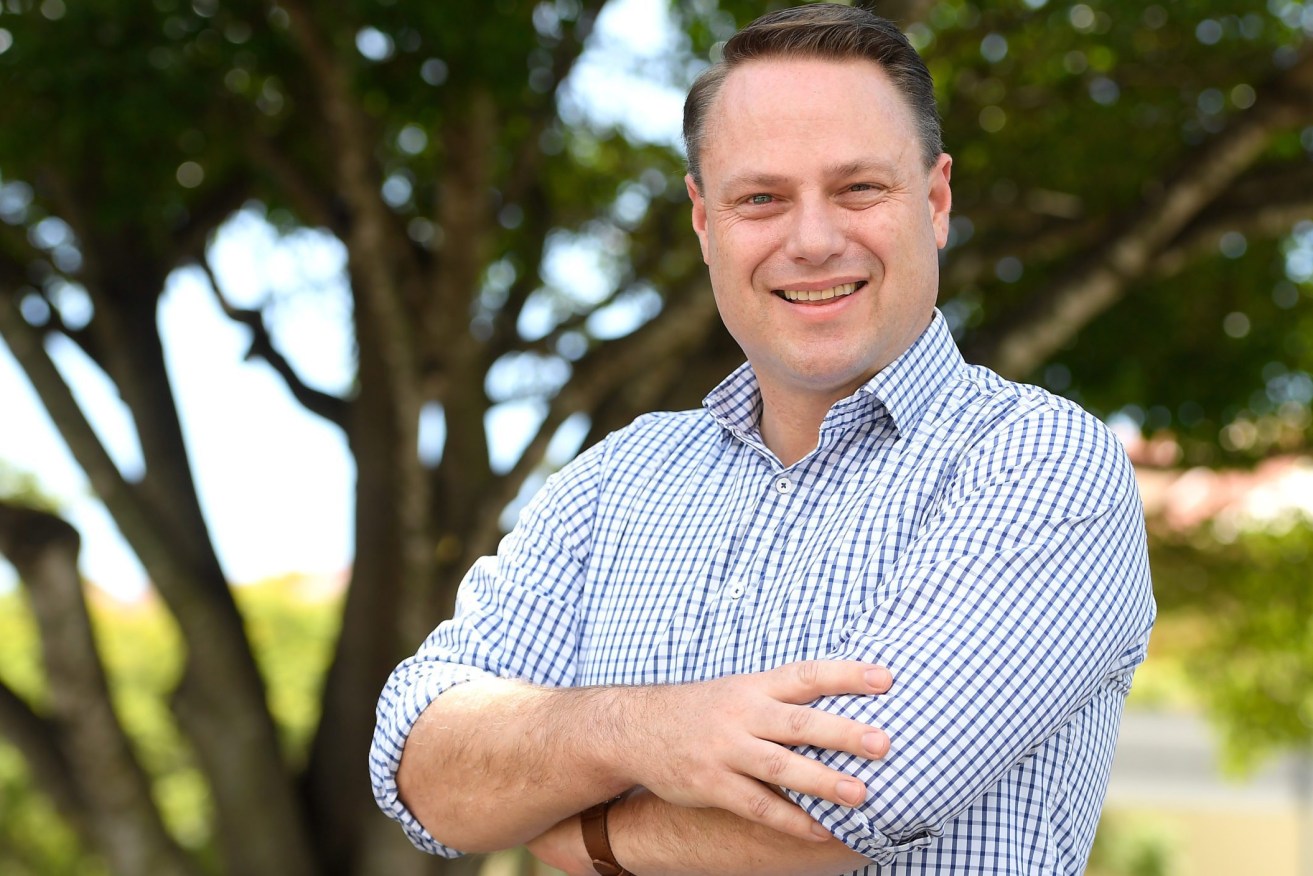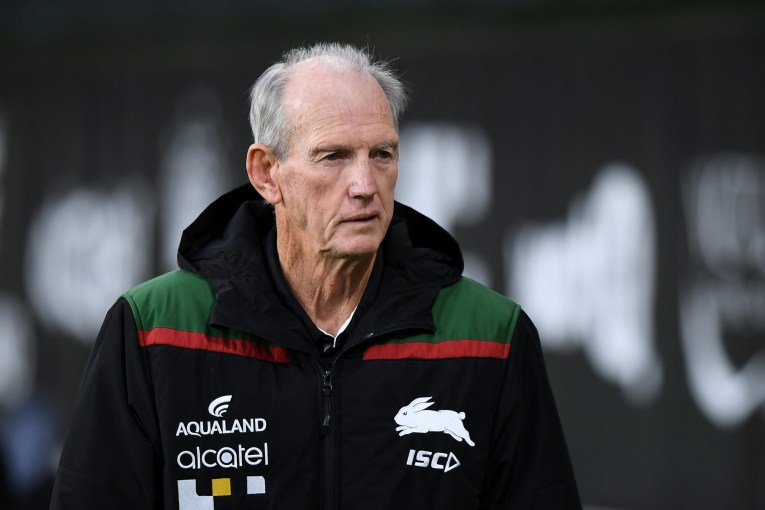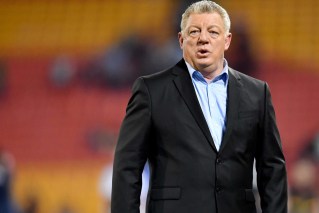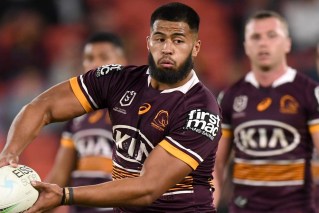Schrinner limits rate increase and looks for housing solutions
Brisbane City Council rates would increase by an average 3.45 per cent next financial year, keeping them well below current inflation rates of 7 per cent.


Brisbane City Council Lord Mayor Adrian Schrinner. (Photo: AAP Image/Albert Perez)
But Lord Mayor Adrian Schrinner said there would also be $80 million in relief through cuts in the cost of green bin services, a reduction in entry to pools and the elimination of some fees.
The council would also provide rebates and concessions to pensioners worth $26 million.
The limit on the rate increase to 3.45 per cent would save residents about $22 million.
“Brisbane already has the cheapest residential rates for owner-occupiers in south east Queensland and I can confirm today that will remain the case,” Schrinner said.
“Over and above this, we’re also providing an unprecedented cost of living relief package amounting to almost $80 million. This includes nearly $44 million in discounts and rebates to residents over the next 12 months.
“Almost 40,000 pensioners will receive our pension rebate – the most generous pensioner rebate scheme in Queensland.”
The council allocated about $1.9 billion for public transport measures with the Brisbane Metro project getting $431 million. About $3.7 billion would be spent on the council’s Better Suburbs program.
About $125 million would be directed towards the construction of the Kangaroo Point and the Breakfast Creek green bridges.
Schrinner has also initiated a Short Stay Accommodation task force to examine the rental market and identify how to deal with the issue which has soaked up a lot of accommodation that had previously been in the long-term rental market. Noosa has already announced a crack down in this area that has seen some success.
The task force would meet with business and industry groups and seek public submission. Its guiding principle would be that “short stay” letting was for anything less than three months.
“This includes motels, backpackers, cabins, serviced apartments, hotels, farm stays, temporary private rentals and other similar forms of accommodation,” council said.
It followed new rating categories brought in last year in an attempt to urge short-term providers back into the long-term market. About 750 residences paid the increased rate last financial year and the council increased the surcharge from 50 per cent to 65 per cent.
“Housing is an issue right across Australia right now because of global supply chain problems, labour shortages and huge construction cost increases,” Schrinner said.
“However, the sudden and unpredicted population surge we have experienced post-Covid has caused a large increase in owner occupiers at the expense of rentals. This has exposed years of chronic under-investment in social housing by the State Government and contributed to a spike in homelessness. Unfortunately, there’s no silver bullet solution.
“That’s why we will continue to invest in the very successful Pathways out of Homelessness program that I introduced in 2019. We’ve already invested $4.3 million into this program, and the additional $4.3 million over the coming few years will make a real impact.
“This Budget also confirms our continued commitment towards housing diversity, with the implementation of our new incentive program for build-to-rent developments.”
The council would also investigate waiving infrastructure charges when under-utilised office blocks were converted into homes.
Schrinner also revealed the redevelopment of Victoria Park would get $141 million this year.
The park had been an inner city golf course, and the Lord Mayor announced that part of its redevelopment would include a natural retreat.












